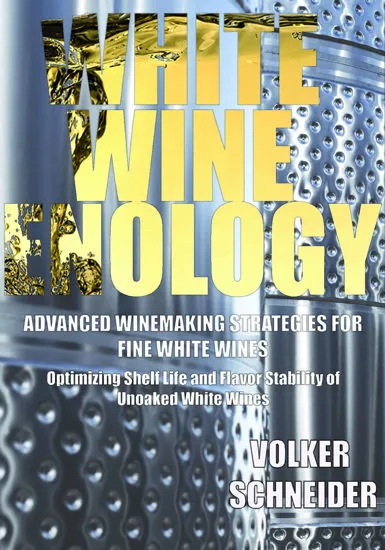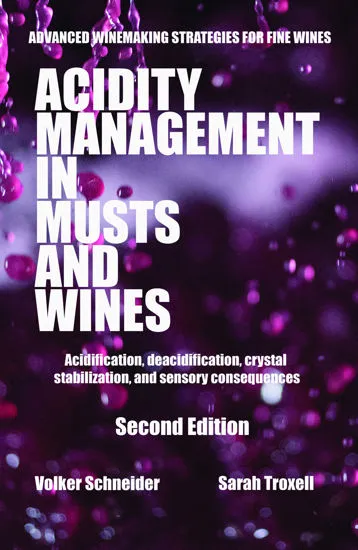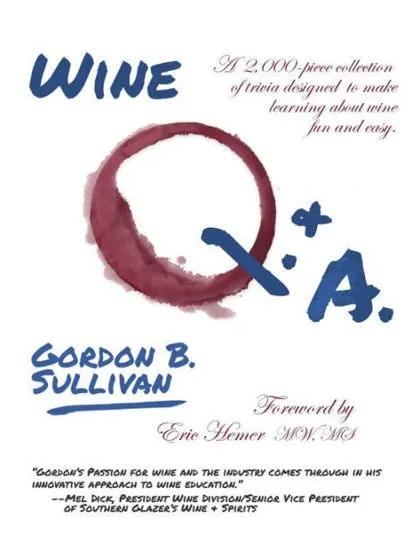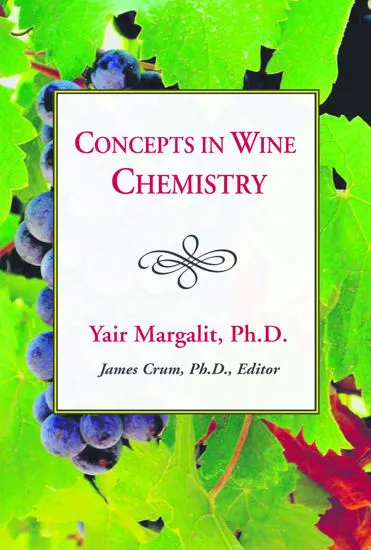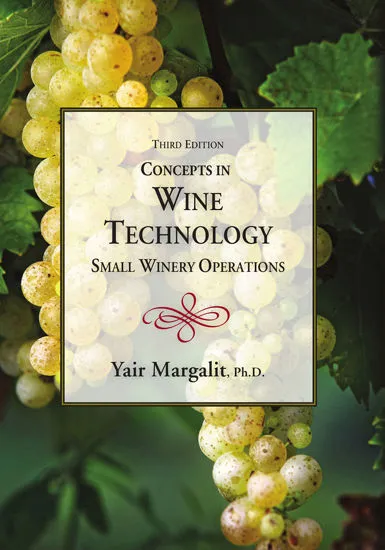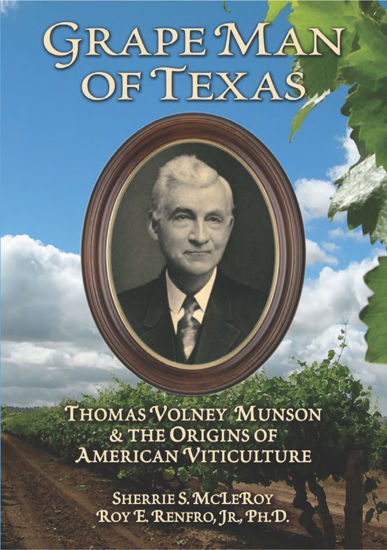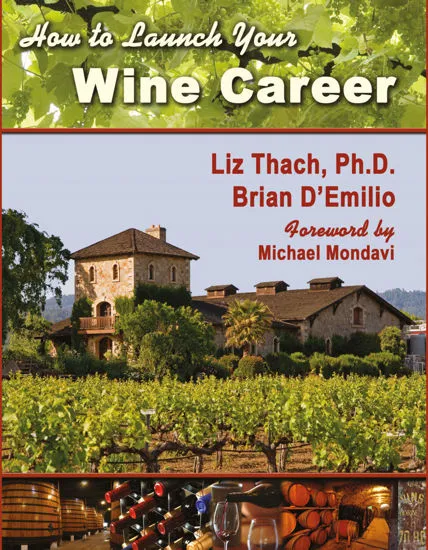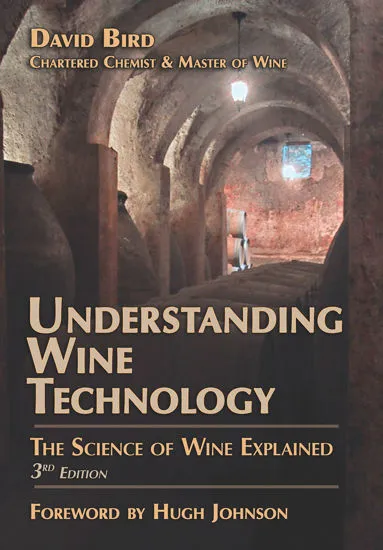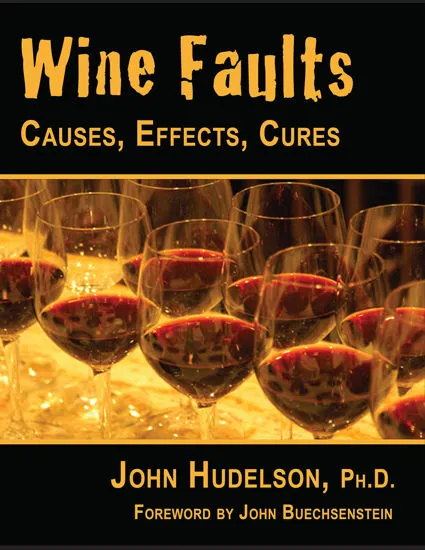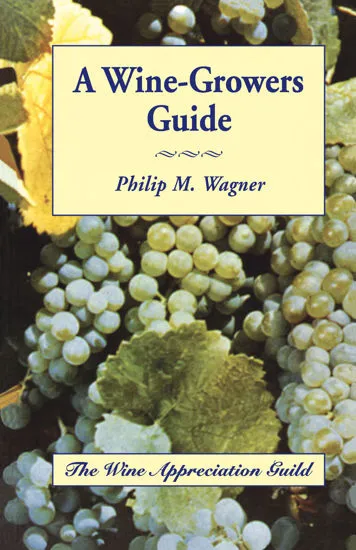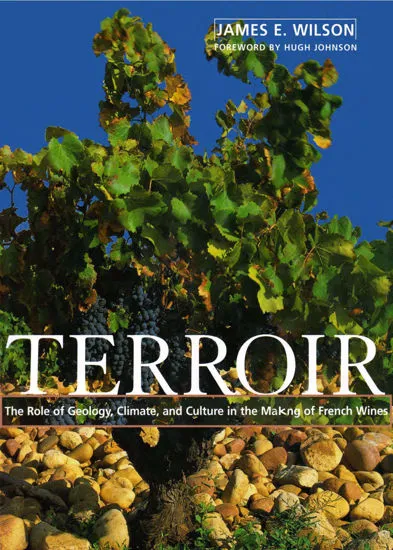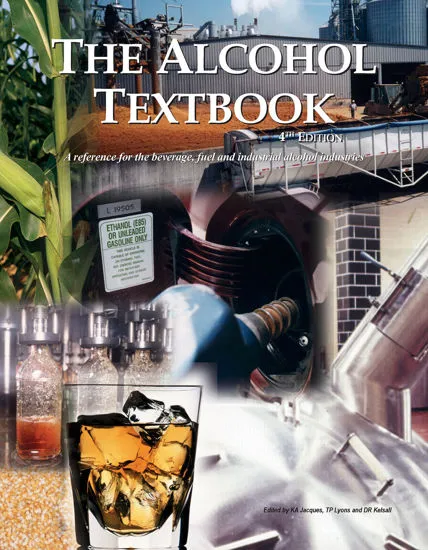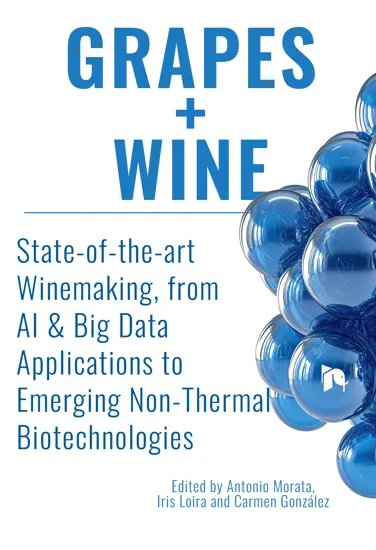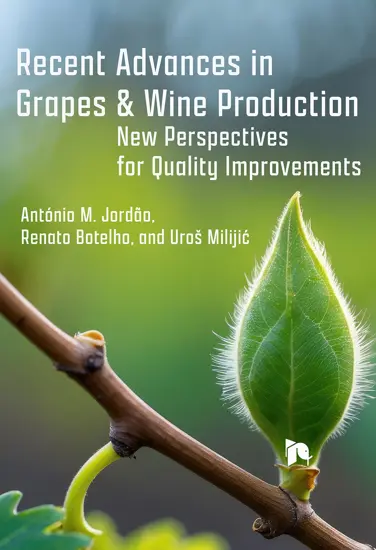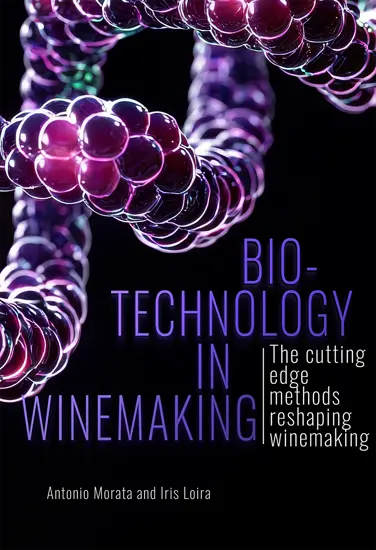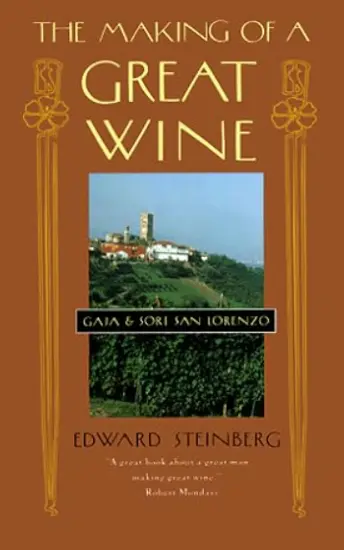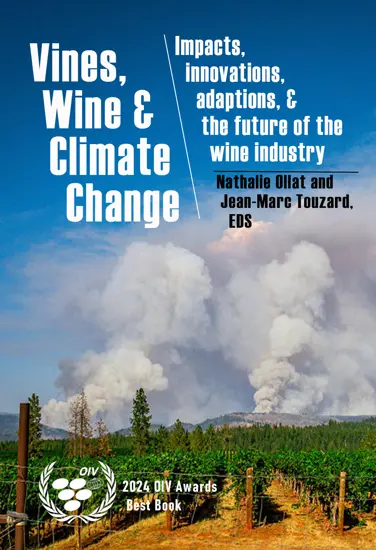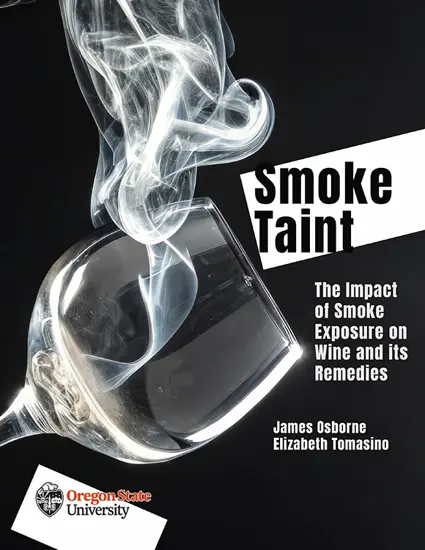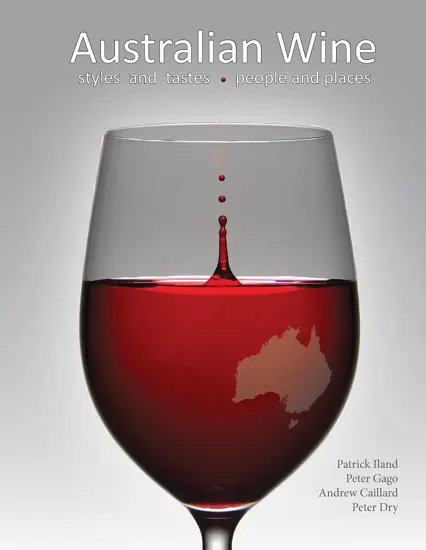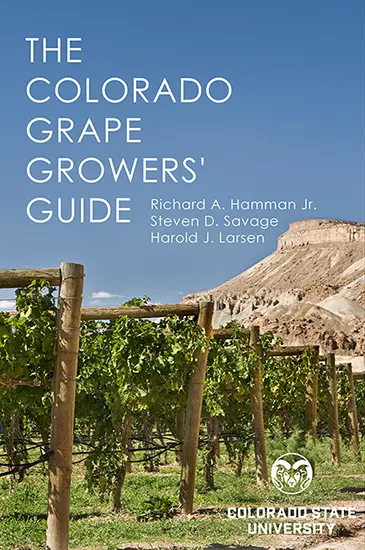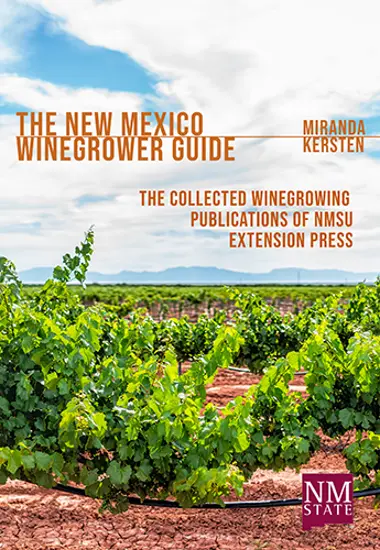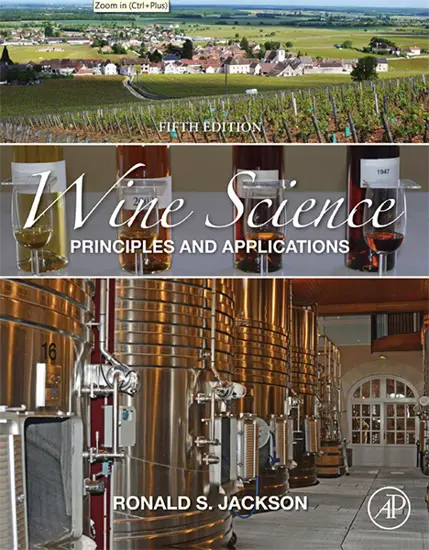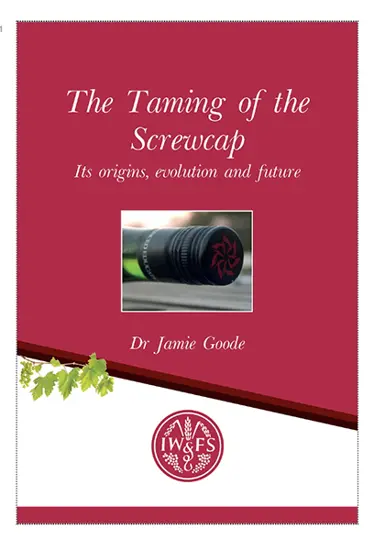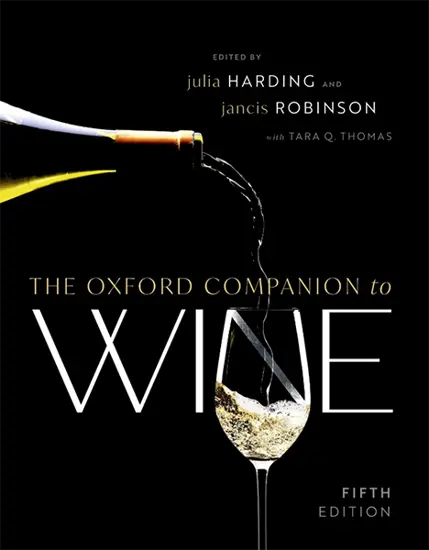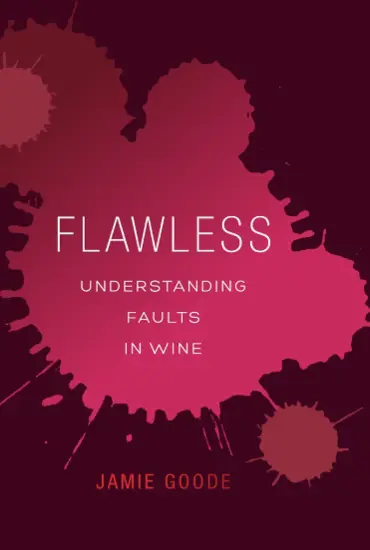Previous Issues / Episodes
Description
×Red Wine Enology - Tannin and Redox Management in Red Wines - addresses the very heart of red winemaking, which is the extraction of tannins and colored compounds as well as the subsequent measures of balancing oxygenation and reduction throughout elevage to achieve their optimal sensory expression. In a broad-ranging discussion of redox management, the authors address in a single volume the most important and yet the most controversial aspects of red wine enology. The reader is guided through basic phenol chemistry and analysis to the broadly accessible total phenol measurements facilitating appropriate redox management decisions. Building upon these foundations, the authors discuss the entire process of vinification - from maceration options through elevage and stabilization to bottling, clearly defining what measures to take and those to avoid. Barrel aging, oxygenation, and the role of yeast lees and SO2 are presented as part of a holistic approach to elevage as a multidimensional process. Where appropriate the text encompasses closely associated issues including oak alternatives, micro--oxygenation, control of spoilage microorganisms, adjustment of pre-bottling free SO2 to compensate for post-bottling SO2 losses, and the issue of the so-called natural wines. Due to the shear complexity of tannin chemistry, this book has a strong focus on sensory analysis throughout discussing appropriate redox strategies to preserve fruit in low-tannin wines and to optimize the ageability of high-tannin wines.
Author Bio
×"Payemnt Success! Prepping Media..."

"Payment failed! please try again..."









